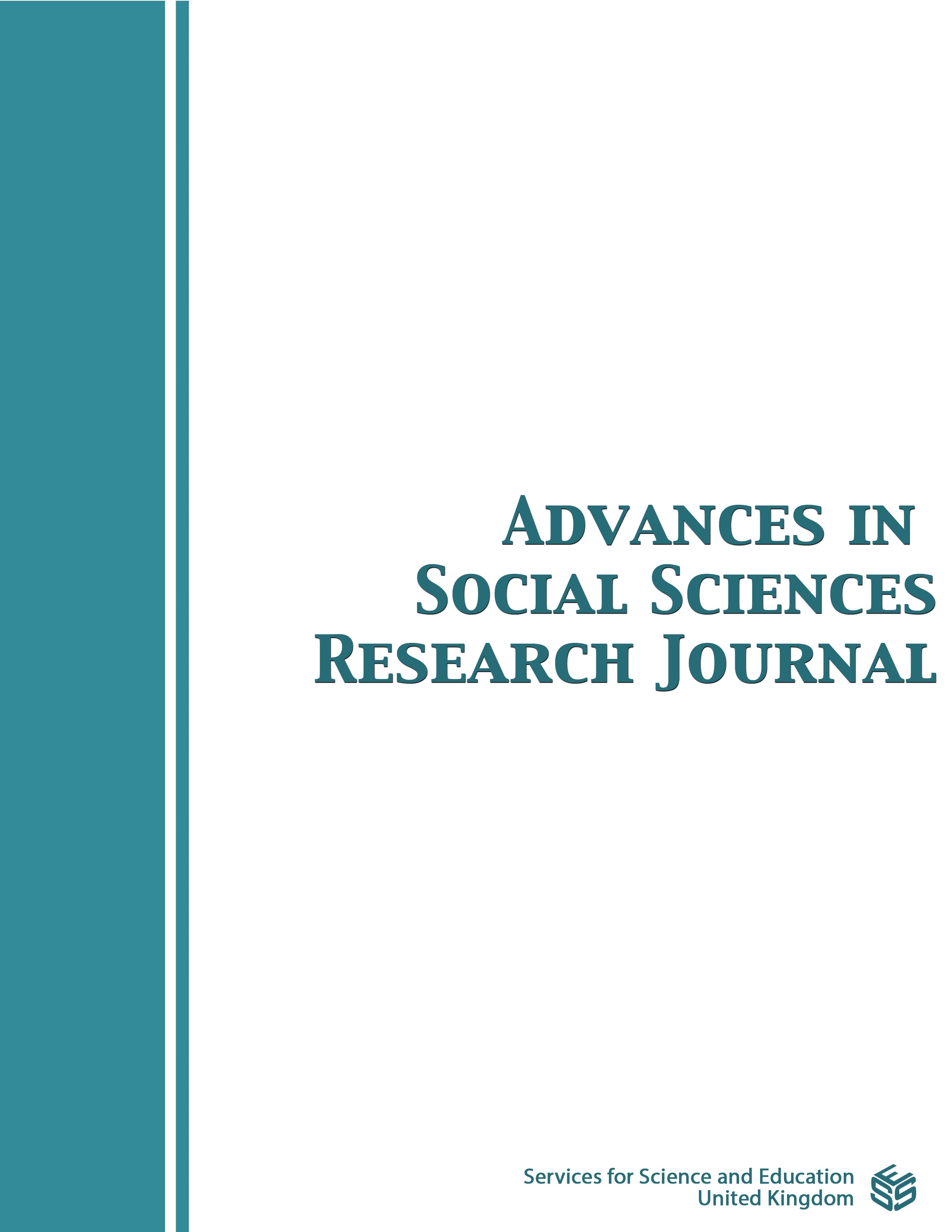Censorship as a Determinant of Professional Journalistic Practices in the Cameroon Context
DOI:
https://doi.org/10.14738/assrj.109.15379Keywords:
Journalist, journalism, information, Cameroon, control, censorship, professionalism, democracyAbstract
This study seeks to assess the relationship between censorship and professionalism in the Cameroon media landscape. It employs a descriptive cross-sectional survey research design using, specifically, the concurrent-nested mixed method approach. A total of 270 journalists were interviewed from five of the 10 regions of Cameroon, covering the geographical diversity of the country with another purposive dimension of the sample targeting buoyant regions. These regions were Northwest, Southwest, Littoral, Centre and North and a semi-structured questionnaire consisting of open and close ended questions was used for data collection. The journalists were conveniently sampled and data was collected in their media houses. Quantitative data were processed using Epidata 3.1 and analysed with the support of SPSS 21.0. The Cronbach’s Alpha reliability coefficient was very satisfactory, with a value ranging 0.815 to 0.972. This therefore, implies that the internal consistency assumption was not violated, that items on the questionnaire were understood and answered to a satisfactory level of objectivity. Major findings revealed that there was somehow no relationship between professionalism and censorship (R=0.026; P=0.676). This implies that censorship is more content-related and action is triggered only when journalists deviate from the established or expected norms.
Downloads
Published
How to Cite
Issue
Section
License
Copyright (c) 2023 Nengieh Lizzie Wantchami, Kingsley Lyonga Ngange, Victor Cheo, Nana Célestin

This work is licensed under a Creative Commons Attribution 4.0 International License.
Authors wishing to include figures, tables, or text passages that have already been published elsewhere are required to obtain permission from the copyright owner(s) for both the print and online format and to include evidence that such permission has been granted when submitting their papers. Any material received without such evidence will be assumed to originate from the authors.






